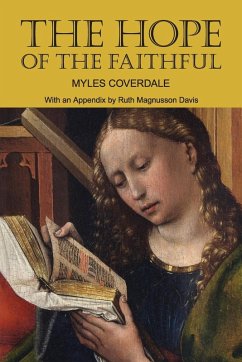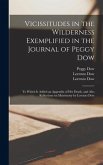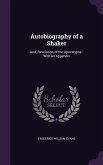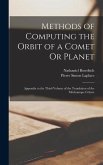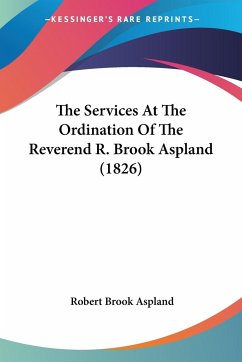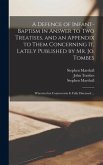This book contains the 1550 treatise of Myles Coverdale as it was reprinted by the Parker Society in 1846, with also an Appendix by Ruth Magnusson Davis. "The Hope of the Faithful" is Coverdale's translation of the German work of Otho Wermullerus. It sets forth the traditional doctrine of heaven and hell. Written to refute those who deny that there is an eternal life and an eternal damnation, it draws heavily on the Scriptures and on patristic doctrine, especially the works of Augustine and Jerome. The Appendix by Ruth Magnusson Davis shows how post-Reformation Bible translators have changed the Scriptures to weaken or even deny traditional doctrine. Especially, Davis reveals how the 1894 Revised Version used the transliteration "Sheol" to change the teachings of the Old Testament. Coverdale would be pleased to see his work brought to light again to refute moderns who deny the traditional doctrine of heaven and hell.
Hinweis: Dieser Artikel kann nur an eine deutsche Lieferadresse ausgeliefert werden.
Hinweis: Dieser Artikel kann nur an eine deutsche Lieferadresse ausgeliefert werden.

